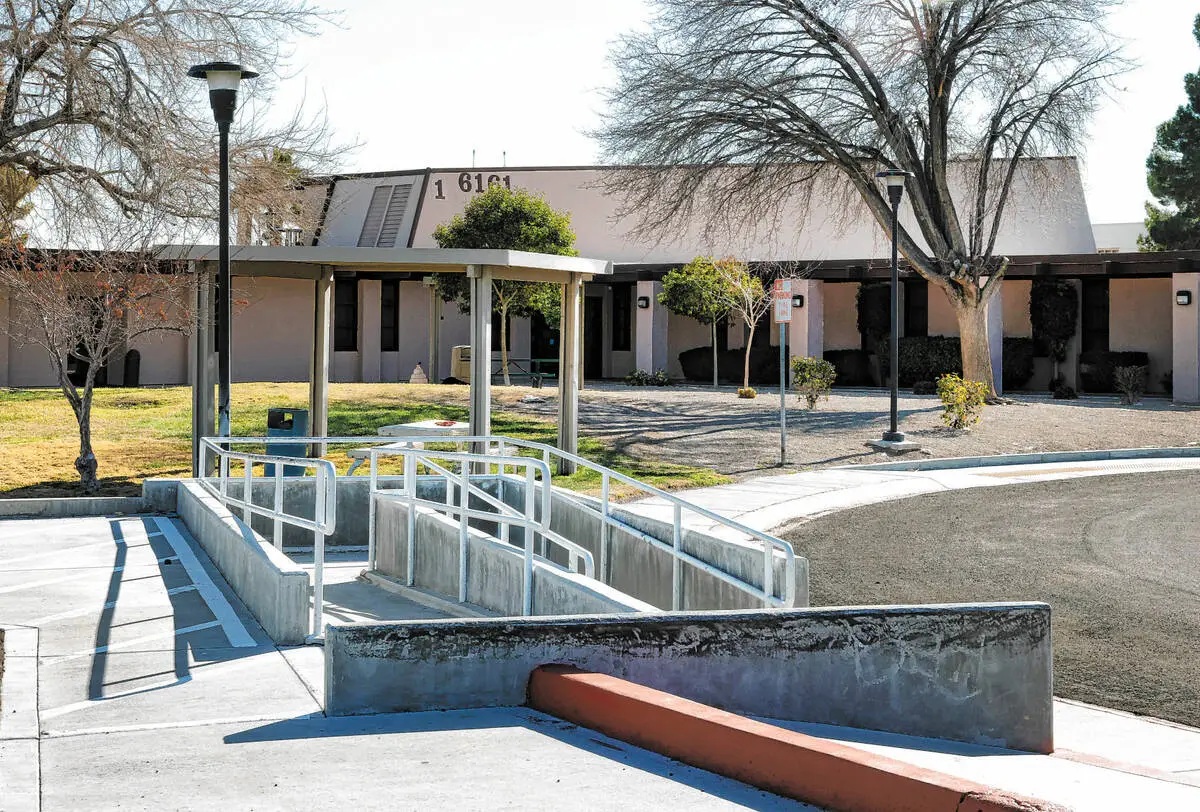Police union explores strike options as pension costs threaten officer pay

Labor & Public Safety – June 21, 2025
The Las Vegas Police Protective Association is surveying its membership about potential job actions, including a possible July 4th strike, in response to mandatory retirement contribution increases that could significantly reduce officers’ take-home pay starting next month.
Financial impact on law enforcement
The Nevada Public Employees Retirement System approved substantial contribution rate increases in November that will take effect July 19, requiring police officers and firefighters statewide to contribute nearly 30 percent of their gross pay to their retirement plans. This represents a jump from the current 50 percent total contribution rate to 58.75 percent, with costs split equally between employees and employers.
LVPPA President Steve Grammas explained the dire financial consequences facing officers in a video message to union members. “Come this summer you are slated to take a pay decrease, while folks who mop the floor — and I am not minimizing that position — will get a pay increase,” Grammas stated, highlighting the disparity in how the pension changes affect different employee categories.
The union calculates that despite a 2.6 percent cost-of-living adjustment scheduled for July, officers will experience a net pay reduction of nearly 2 percent due to the increased pension contributions. For many officers already struggling with inflation impacts, this represents a substantial financial burden.
Union poll presents multiple options
In an internal email obtained by local media, the LVPPA presented its approximately 3,650 members with four potential responses to the pension increase: commencing a Fourth of July strike, utilizing contractual sick leave benefits, refusing to leave briefing rooms while remaining on duty, or accepting the pay reduction without protest.
The survey, which closed after seven days, represents the union’s attempt to gauge membership sentiment about various forms of job action. Grammas emphasized that the polling process allows rank-and-file officers to have input on the union’s next steps rather than leadership making unilateral decisions.
“Desperate times call for desperate measures, and that is what this is,” Grammas told News 3 Las Vegas. “An idea we asked our members, a lot of them have asked us, can we strike? Can we do this?”
Legal constraints and contractual obligations
Nevada state law explicitly prohibits public employees, including police officers, from striking against government employers. The statute classifies law enforcement services as “essential” and establishes severe penalties for work stoppages, including potential fines up to $50,000 for unions and $1,000 per day for individual leaders, along with possible imprisonment.
Individual officers who participate in unauthorized strikes face dismissal, suspension, or wage withholding under Nevada Revised Statutes 288.710. The existing collective bargaining agreement between Metro and the LVPPA specifically prohibits the union from promoting or engaging in strikes, slowdowns, or work stoppages, including organized sick leave usage.
City of Las Vegas communications director David Riggleman noted these legal restrictions in a statement: “While we understand the union’s frustration with the PERS increase, state law prohibits public safety employees from striking. In addition, the city and Metro have an existing contract with the PPA through June 30, 2026, where the union agreed to split any PERS increase.”
Departmental impact and staffing concerns
The Metropolitan Police Department employs approximately 3,400 sworn officers and more than 1,400 civilians, according to the agency’s 2023 annual report, along with 1,349 detention center employees. The potential for widespread job action raises concerns about public safety coverage across the Las Vegas valley.
Sheriff Kevin McMahill reportedly supports preventing pay cuts for officers, according to Grammas, though city and county officials who comprise Metro’s Fiscal Affairs Committee have been less receptive to offset raises. This creates tension between operational leadership and fiscal oversight bodies responsible for budget approvals.
The union leader stressed that Metro’s rank-and-file officers deserve compensation recognition rather than effective pay reductions. “We all recognize the work our officers have done and continue to do and cannot fathom a world where we see our officers losing money on their paycheck, especially on the heels of the most massive inflation hits of our time,” Grammas stated.
Regional context and broader implications
The pension contribution increases affect all Nevada PERS participants, with police and fire employees facing the largest rate jumps. Non-public safety workers will see increases from 33.5 percent to 36.75 percent total contribution rates, representing a smaller financial impact than the 8.75 percent increase facing law enforcement personnel.
Clark County officials are monitoring the situation but emphasize they are not directly involved in Metro’s labor negotiations. Jennifer Cooper, the county’s chief communications and strategy officer, noted that PERS contributions are increasing across all employee categories.
The timing of potential job actions around Independence Day could significantly impact public safety operations during a major holiday weekend when Las Vegas typically experiences increased visitor traffic and related law enforcement demands.
Historical labor relations context
This dispute reflects broader tensions between law enforcement agencies and pension systems nationwide as retirement costs continue rising. The LVPPA has previously clashed with PERS over various issues, including filing lawsuits challenging fiscal impact assessments for proposed legislation.
The union’s current contract negotiations strategy involves leveraging membership input to pressure local officials for compensation adjustments that would offset the mandated pension increases. Grammas has specifically called on city council and county commission members to recognize officer contributions and approve necessary pay adjustments.
Financial sustainability and public safety funding
The situation highlights ongoing challenges in balancing public safety funding with fiscal responsibility. Recent legislative measures extending property tax funding for nearly 900 police positions in Southern Nevada demonstrate the complex financial landscape surrounding law enforcement operations.
These pension increases effectively negate salary improvements granted to police employees just two years ago, creating additional frustration among officers who have already experienced staffing shortages and increased workload demands.
Looking forward
The union’s membership survey results will likely influence the LVPPA’s negotiation strategy and potential actions as the July 19 implementation date approaches. Grammas has emphasized that any decisions will reflect the collective will of the membership rather than executive board preferences alone.
Local government officials continue monitoring the situation while maintaining that existing contractual agreements and state law constraints limit available options for addressing union concerns through job actions.
The outcome of this labor dispute could establish important precedents for how Nevada public safety agencies address similar pension-related financial pressures in the future, particularly as retirement system costs continue evolving statewide.
Category: Politics, Local News
Subcategory: Public Sector
Date: 06/23/2025




